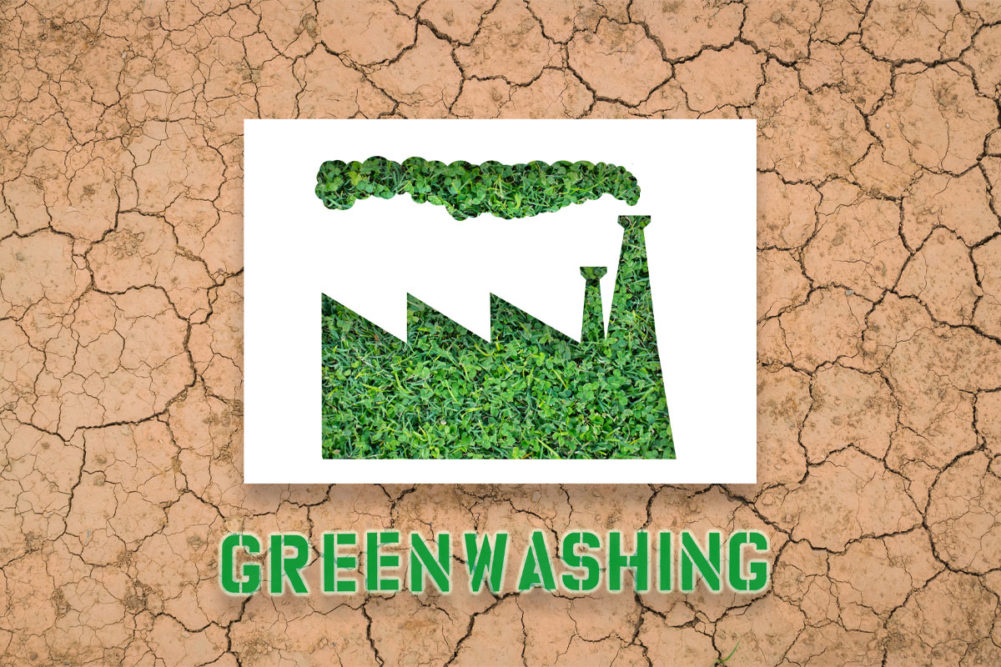
KANSAS CITY — The Federal Trade Commission is updating its Green Guides, federal guidance intended to help marketers avoid making environmental claims that are deceptive, potentially leaving companies vulnerable to accusations of “greenwashing” or, worse, litigation. As sustainability becomes a more important part of the consumer’s purchasing decision, the Green Guides updates will provide much needed direction to food and beverage processors.
Annual survey results published in April by the consultancy Kearney demonstrate the importance of sustainability to consumers. Forty-two percent of the 1,000 respondents said they “always or nearly always” consider the environment when making buying decisions, up 18 percentage points when compared to 2022. Additionally, 42% of respondents believe producers are responsible for driving faster adoption of environmentally friendly practices, and 54% believe manufacturers play the “biggest role” in driving the quickest environmental improvements.
The Kearney survey follows data released in January by Morning Consult that showed the environmental sustainability of products is a priority for consumers, particularly younger consumers. More than two-thirds of Gen Z respondents surveyed by Morning Consult said sustainability has at least some impact on their food and beverage choices, including 32% who said it has a major impact.
The Green Guides were first issued in 1992 and revised in 1996, 1998 and 2012. The current update focuses on the need for the Guides, their economic impact, their effect on the accuracy of various environmental claims and their interaction with other environmental marketing regulations, according to the FTC.
Specific issues to be addressed in the updates include carbon offsets and climate change. The current Guides provide guidance on carbon offset and renewable energy claims, but the FTC wants to know if the revised Guides should provide additional information.
The FTC also is seeking guidance on the term “recyclable” and whether it should change the threshold for when marketers can make an unqualified recyclable claim. Other terms the FTC is considering updating are “compostable,” “degradable,” “ozone-friendly,” “organic” and “sustainable.”
Recommendations made by the Consumer Brands Association focused on distinguishing environmental marketing claims from recycling instructions and using digital technologies to deliver localized recycling information to consumers.
The Plant Based Foods Association (PBFA) said the current guidance for making claims about less plastic-heavy packaging reflects the ways in which producers may avoid liability — not how they can best inform consumers about the environmental impact of their packaging.
“Claims that indicate lightweighting (e.g., this bottle is made with 25% less plastic than before) or overall plastic reduction should be allowed, but should be qualified consistent with the current Guides to not overstate the amount or benefit of such lightweighting,” the PBFA said. “For example, calling a product ‘eco-friendly’ because it contains less plastic overall, but cannot be recycled, is misleading.”
A challenge for companies producing and wanting to promote sustainable products is how quickly the market is evolving. Processes related to conservation, waste reduction, emissions, carbon capture, recycling, etc. are being introduced or updated frequently. Helpful guidance from products like the FTC’s Green Guides offer a framework from which companies can build a network of credible claims and tap into the consumer demand that is building for products and processes perceived as good for the environment.





